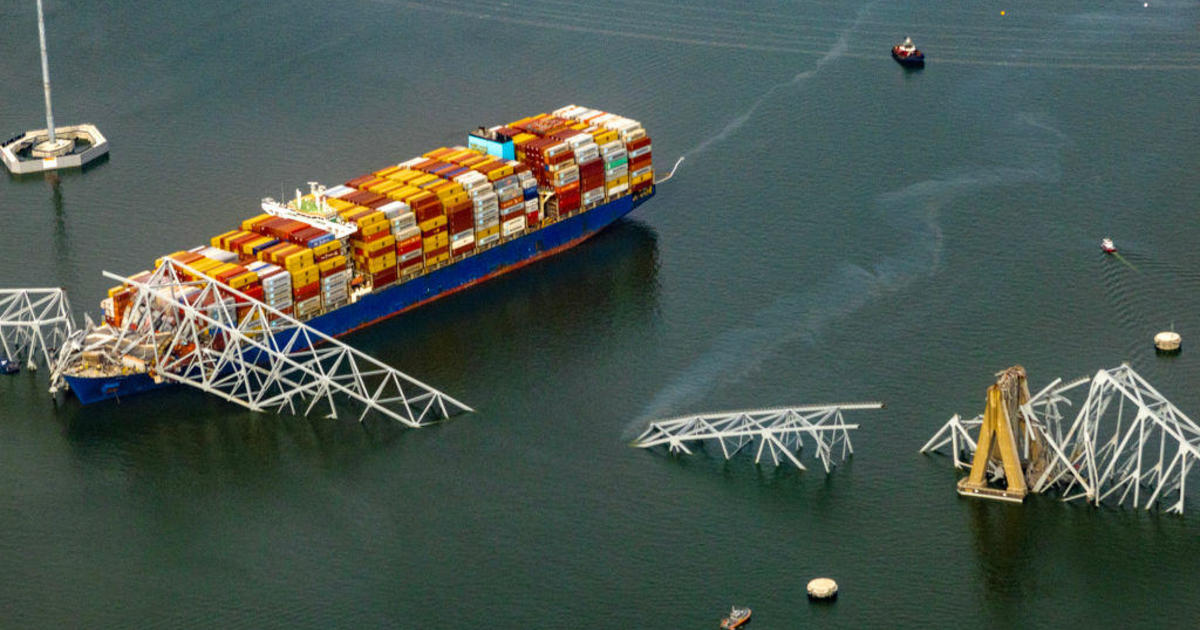Regulators Plan To Vote On Menhaden Catch Limits
BALTIMORE (AP) -- Fisheries regulators vote Friday on whether to cut the size of the legal catch of the environmentally important menhaden, an oily fish prized for use in dietary supplements, cosmetics and animal feed.
The vote is a key milestone in the decades-old battle over the fish that scientists say are a key food source for larger species and a filter feeder that improve water quality in areas such as the Chesapeake Bay.
However, any cuts would affect an Omega Protein processing plant in Reedville, Va., which lands about 80 percent of the catch along the Atlantic coast and employs about 300. The harvest of the small fish makes Reedville the No. 2 fishing port in the U.S. based on total catch weight.
The Atlantic States Marine Fisheries Commission planned to vote on how much to cut the harvest and how to allocate the remaining catch. The options facing the 15-state commission range from the status quo to cutting the current harvest in half and would take effect for the upcoming season.
Jay Odell, the Mid-Atlantic director for the Nature Conservancy, said managing a fishery the size of the menhaden fishery without harvest limits is unusual.
"It really defies common sense, especially for a critical forage species like menhaden," Odell said.
Omega spokesman Ben Landry said the company has concerns about the science behind the stock assessments, but is willing to take a 10-percent harvest cut.
"That would allow us to remain a viable business and keep our workforce whole until the next assessment can be conducted," Landry said.
Terry Cummings, manager of advocacy and outreach for the Chesapeake Bay Foundation's Maryland office, said at a public hearing on the proposed cuts in November that the menhaden population is 8 percent of what it would be without fishing and the best available science shows the population is at its lowest recorded level. The foundation is calling for a 25-percent overall cut.
Cummings said strong menhaden stocks will mean more high-quality food for fish, birds and marine mammals that depend on menhaden "and more jobs for those employed by the various commercial charter and recreational fisheries that harvest or depend on menhaden."
(Copyright 2012 by The Associated Press. All Rights Reserved.)



